A.F. Suter and Co. Ltd
Shellac, Waxes, Gums and Resins
- +44 (0) 1376 514953
- afsuter@afsuter.com
- Compass House, Eastways Industrial Estate, Witham, Essex, CM8 3YQ, United Kingdom
A.F. Suter and Co. Ltd
Shellac, Waxes, Gums and Resins
Get a FREE Quote (No Obligation)
Menthol is a terpene alcohol derived from natural mint oils extracted from the genus Mentha, primarily Mentha arvensis (commonly known as Wild, Field or Corn mint) which is grown in the Uttar Pradesh region of India, or Mentha × piperita (Peppermint – a hybrid of Spearmint and Water Mint). The natural form of Menthol is known as the laevorotary form as the isomer rotates the plane of polarised light to the left, and is denoted (−)-Menthol or L-Menthol.
Menthol can also be produced synthetically and is referred to as the racemic form as it consists of equal amounts of (-)-Menthol and an isomer that rotates the plane of polarised light to the right (dextrorotary), which is denoted (+)-Menthol or D-Menthol. Another type is denoted (+/-)-Menthol or D,L-Menthol.
Natural Menthol has a strong minty taste and odour and is sold in the form of waxy, white or clear crystals that are solid at room temperature but melt at temperatures slightly above this. Pharmaceutical grades are also available (BP, USP). Synthetic Menthol is produced in two crystalline forms that typically have melting points of 28 degrees Celsius and 38 degrees Celsius. Menthol has the ability to chemically trigger the cold-sensitive receptors in the skin, providing a cooling sensation when eaten, inhaled, or applied to the skin, despite no actual change in body temperature.
Menthol is used as a flavouring agent in food and liqueurs.
Menthol is used as a flavouring agent in candies and chewing gum.
Menthol is used as a decongestant in nasal inhalers, creams, patches and chest vapour rubs, helping to unblock the sinuses. It is also added to cough drops and syrups to alleviate sore throats and tickly coughs and in ointments as an anti-pruritic to reduce itching.
Menthol functions as a local anaesthetic, helping to relieve minor aches and pains. It is added as a topical analgesic to creams, gels and patches to ease headaches and sprains. Menthol also acts as a muscle relaxant, counteracting muscle spasms and cramps. In addition, it is used in sunburn lotions, fever-reducing head patches and first aid burn creams because it stimulates a skin cooling sensation.
In the Dental industry, Menthol is used as a topical anti-bacterial agent since it is effective against several types of lactobacilli and streptococci.
In the Personal Care industry, Menthol is used in oral hygiene products such as mouthwash, mouth sprays and toothpaste to help combat bad-breath. It is also used in lip balms and hair conditioners, as well as being added to aftershave to relieve razor burn. In addition, Menthol is used in perfumery to prepare menthyl esters that emphasise floral notes, particularly rose fragrances.
In the Tobacco industry, Menthol is used to flavour cigarettes and reduce sinus and throat irritation caused by smoking.
In the Beekeeping industry, Menthol is used as a pesticide against the honey bee tracheal mite (Acarapis woodi), an internal parasite.
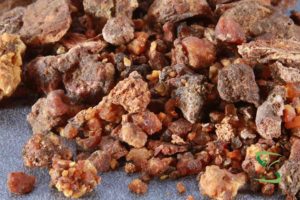
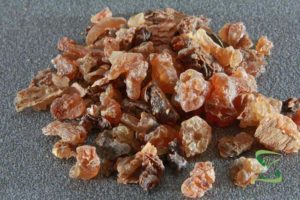
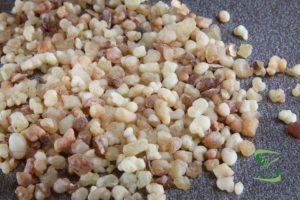
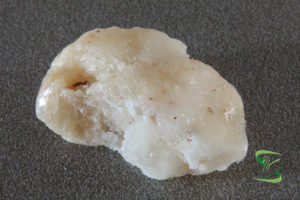
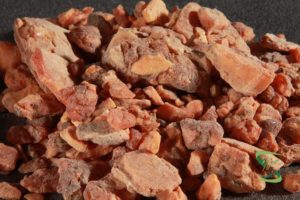
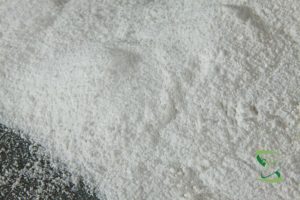






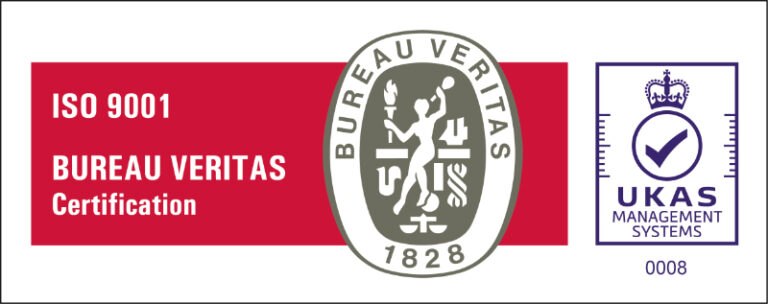
Registered Office:
146 New London Road, Chelmsford,
Essex.CM2 0AW
Company Reg No. 04296187
VAT No. GB 783 0308 36